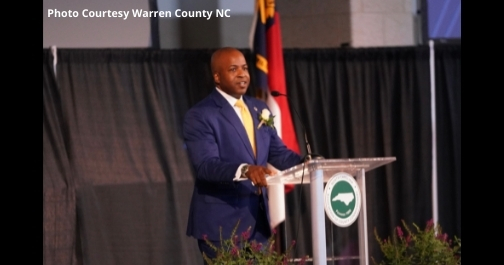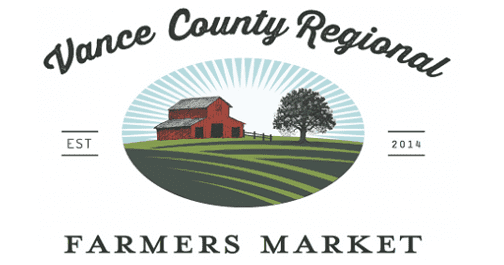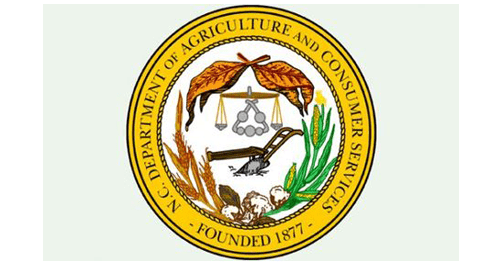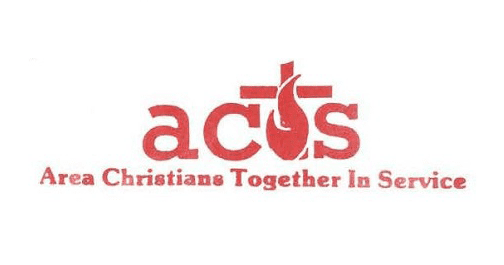— Warren County Press Release
Warren County, North Carolina- Warren County is pleased to announce that Warren County Board of Commissioners Chairman, Tare “T” Davis, was elected as Second Vice President of the North Carolina Association of County Commissioners during the 114th Annual Conference on Saturday, August 14, 2021.
This is a great accomplishment for Commissioner Davis and Warren County, as it relates to Warren County being represented in the organization that develops policy and directly advocates on behalf of the 100 counties of North Carolina and its residents.
When speaking about the accomplishment, Commissioner Davis stated that he is “very humbled” by the opportunity to serve as Second Vice President of the NC Association of County Commissioners (NCACC).
“This opportunity is not about me as an individual, but it has everything to do with the work that the Board of Commissioners is doing and the feedback we receive from our residents,” stated Davis. “Warren County being represented in this organization is important, so that Warren County has a seat at the table when statewide policies impacting counties are being developed.”
“We are continuously working to improve the quality of life for Warren County from recent economic development project announcements, such as Glen Raven, and new residential development, to this opportunity with NCACC,” said Davis. “These accomplishments are all results of different tools in the tool box that we are using to change conditions for the better here in Warren County.”
Additionally, with Davis in this position, it is likely that this will serve as a pathway for Warren County to be represented in the role of NCACC President in the coming years.
NCACC is the official voice of all 100 counties on issues considered by the NC General Assembly, NC Congress, and federal and state agencies. The Association provides expertise to counties in the areas of advocacy, research, risk management, and education and leadership training.
Warren County is an NCACC member and benefits from participation in the organization in areas including: advocacy, education and conferences, risk management programs, research and data on policy issues, legal consultation and communication tools to help share the stories of North Carolina’s 100 counties.
















